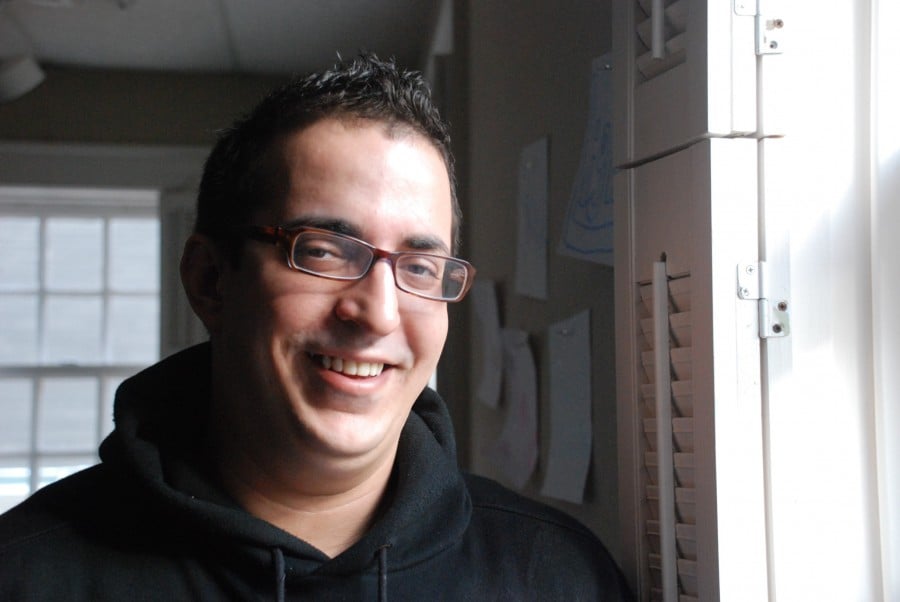At Guilford, we take diversity seriously; it is one of the core values that guides our actions, inspires students, and makes our school unique. Yet I am not sure that diversity fully includes students with disabilities.
I cannot help but notice there is no mention of disability services in any draft of the Strategic Long Range Plan II (SLRP II). This is unacceptable.
While we are focusing on bringing Guilford’s classrooms and students in-line with the 21st century, we should be mindful that those with learning disabilities want to advance with us.
The college makes exceptional efforts with the tools already in place, but I keep asking myself, “is it enough?” Are we doing as much as we can to make things equal for those with disabilities? I am on the fence.
Guilford’s disability services, an extension of the learning commons, offers assistance for students with disabilities ranging from Asperger syndrome to multiple sclerosis. Those services make Guilford an attractive place for students like Kate Boswell.
Boswell was attending a two-year college for those suffering from ADHD and other learning disabilities and wanted to transfer to a college that assisted those with learning disabilities, not ignore them.
“Guilford was among a group of schools counselors recommended I transfer to, because I’d have the opportunity to academically succeed there,” said Boswell.
As a Guilford junior, Boswell, a sociology-anthropology major, has nothing but praise for the services offered by the learning commons. And I could not agree more.
The learning commons offers tutoring to all Guilford students, and also manages those with learning disabilities in a successful way, using the tools they have at their disposal.
However, disability services are not independently funded, so those tools are limited.
While Guilford College has creditability, which led students like Boswell to the campus, we still do not have the up-to-date technology that would greatly improve what the college could provide for those with learning disabilities.
While disabled students rise to the challenges of college, we, too, should step up and focus on the holistic needs of all students, even those with disabilities, and ask ourselves if we are doing all we can to assist them.
In my opinion, even though those working in the learning commons are exceptional tutors who care about students, the college is not doing all it can to provide the aid for those with learning disabilities. That is not diversity. That is complacency.

